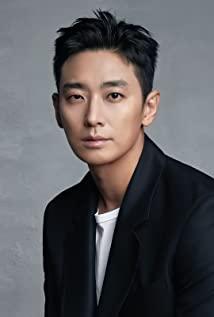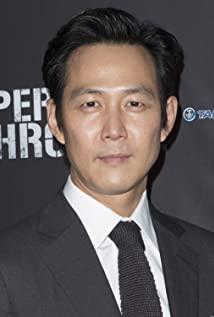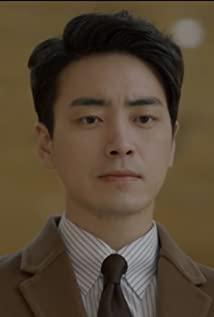Why is the score of the second part lower than the first by 0.3, I think the second part is slightly better.
Finally, there are no longer a lot of sensational bridges, so the film can focus more on the story line and not appear to be so "suffering and hating". A small amount of light-hearted humor and the real world have saved the franchise, and it's true that the grand narrative only moves, it's the details that move. However, this film is only downgraded in narrative compared to the first film. In terms of trivial and detailed expression, "Reply 1988" is a superior work.
I originally thought that Cha Tae Hyun in the first part was the protagonist with the weakest sense of existence, but I didn't expect that the Jin soldier in the second part was the real melon eater. The scene was not half as much as in the first part. In fact, I found a wooden man to stand. That doesn't really affect the story at all...
The reversal is a bit interesting, but aside from the part that may be the foreshadowing of the third part, some plots are still not understood, such as:
1. Forcibly let the lieutenant and Hades participate in the trial together as witnesses. Although there is a certain connection, I feel that the grievances between their father and son cannot really move the lieutenant. I even think that if I were a lieutenant, my heart must be: Who am I? ? where am I? who are you? who are you? It's my business? In the end, the lieutenant was even moved. You are a father-son relationship! I'm just a greedy (not necessarily a good relationship) friend, and I didn't even have any remorse when I passed by the Jin soldier at the end of the first part. How could I be moved by your affection in the end, crying Confess to my friend? My friend simply nodded and didn't speak again?
2. Soldier Jin also did not want to be reincarnated so clearly. When the sentence was finally pronounced for him to be reincarnated, he looked relieved and very happy, and even saluted the envoy? My friend, you obviously don't want to be reincarnated?
3. In addition, this part should answer the previous part, why did King Yama pretend to test Jiang Lin in order to see if he really became a good person? Maybe I'm stupid. I think the focus of the cause and fate between King Yama and Jiang Lin should be the son's apology to the father. The temptation here feels meaningless.
4. King Yama and Jia Shen are former colleagues, why did they collapse? And why the three of them must be arranged to solve the family god, is it trying to tell the truth about Jieqimai and Dechun through the mouth of the family god? There is no reasonable explanation for this behavior.
5. In the end, it was too sudden to resolve the grudges and forgive Jiang Lin, as if "the movie is about to end, let's reunite together as soon as possible"...
Seems to have an answer! But after a look around, everyone seems to have no such questions, but I also didn't find the answer, maybe I'm too stupid...
View more about Along With the Gods: The Last 49 Days reviews











